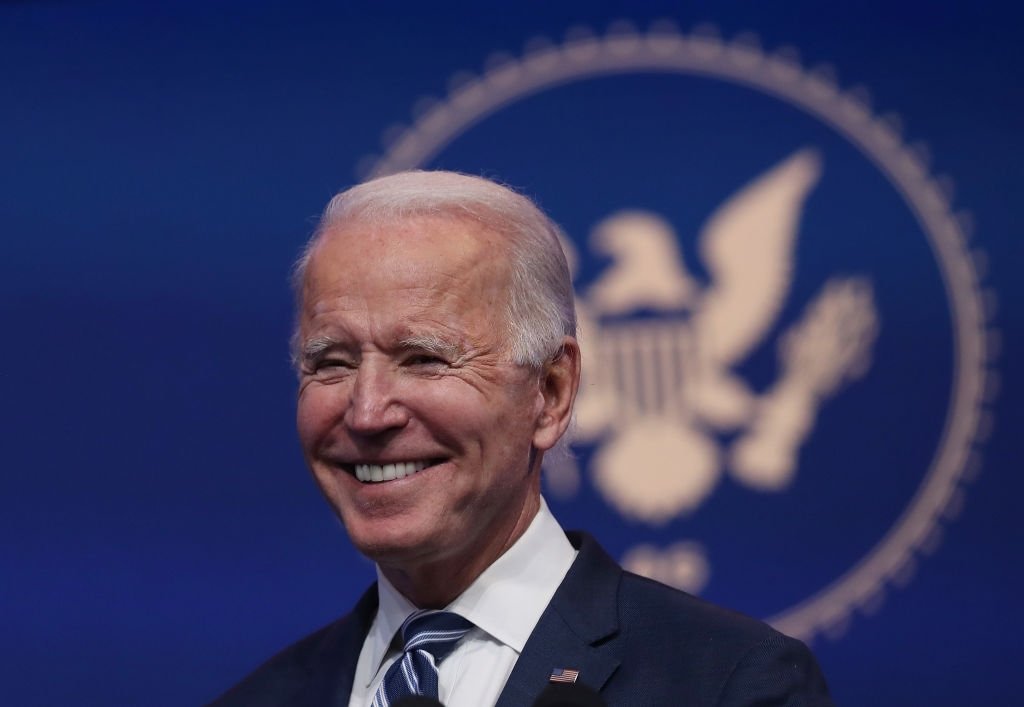The Communications decency act that was passed by congress in 1996 laid the platform for the modern internet and technology companies like Google, Facebook, and Twitter. According to the law, the companies are shielded from liability with regard to the content that is posted on their platforms by the users. The companies get legal immunity for good faith efforts to remove the content that violates their policies.
Will Section 230 Get Repealed In 2021 Under Biden Administration?
This has become one of the most debated topics in the country in recent weeks. President Donald Trump has said many times in the past that section 230 was a great threat to national security, and it must be removed with immediate effect.
Even though section 230 protects internet companies from being sued for their content, there are some exceptions with regard to Federal crimes and intellectual property claims. In 2018, a law was passed that made it easier to file lawsuits against internet platforms that support sex trafficking intentionally. However, most internet platforms decide what they want to have on their platforms and what must be removed.

Responding to the situation, internet platforms have said that they could not exist in their current form without the protections offered by Section 230.
Even democrats or not in favor of keeping Section 230 and the going is likely to get tougher for the internet companies in 2021. Democrats and Republicans agree that the top Tech companies have become too powerful, and tougher regulation is needed to control them in the long run. Both parties feel that section 230 can become a huge threat in the long run, and it must be narrowed down or removed completely in the future.
Industry experts say that even if section 230 is not removed in the future, the social media platforms will be held more accountable for how they handle the content on their platforms.
Joe Biden had urged Congress to revise Section 230 so that the Tech companies will be forced to remove hate speech and extremism. Apart from that, issues related to election interference and spreading false information should also be considered seriously in the future.
Several bills that would hold the Tech Giants legally accountable for how they moderate content are circulating in Congress. Experts however, say that it would be a challenging task for Congress to alter Section 230 in a unanimous way.
According to critics of Section 230, the Tech platforms will work more on moderation in the future if Section 230 was repealed. Without the protections, tech companies understand that the content posted by users can increase the risk of their liability in the long run.
Twitter said that its platform strikes the right balance between promoting free expression and removing harmful content. Even though they acknowledge that some enforcement errors have happened in the past, they say that their policies are applied equally to everyone.
Facebook and Twitter are both open to revising Section 230 and said that the industry would benefit by having clear guidance from the elected officials. Twitter said that the platforms should be more open with users with regards to content moderation so that disputes can be avoided in the long run.
Trump intensified his attack on Section 230 towards the final stages of the presidential election. Several social media companies removed posts from the Trump campaign citing reasons that they were spreading false or misleading information in some cases. When Trump made allegations that massive voter fraud happened during the elections without any proof, the social media companies flagged the posts of the president. During the time, Trump even tried to repeal Section 230 through the National Defence authorization act.

